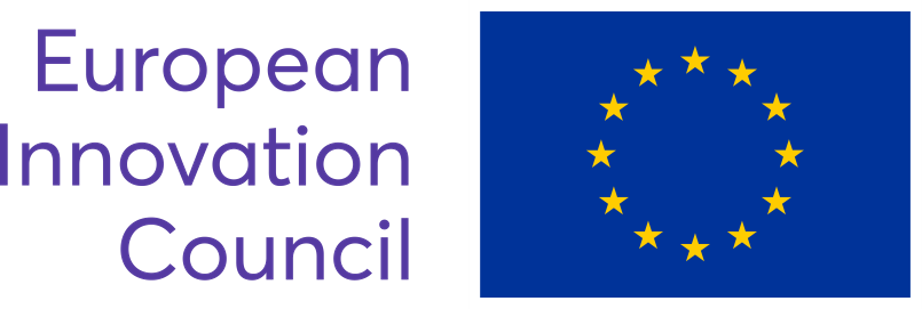Expertise:
Main role in the project:
CSIC is the largest public research organisation in Spain, the fourth-largest public research institution in the European Union and the sixth in the world. It has more than 11,000 employees, of which almost 4,000 are research staff, distributed in its 121 research institutes throughout the Spanish territory.
Institute & research teams:
Piezo4Spine coordinator: María Concepción Serrano López-Terradas, PhD
The research activity of the ForceTool group is focused on the development of analytical tools and methodologies based on scanning probe technology for exploring the nanoscale. The research activity is divided in four scientific domains: high-speed AFM, nanomechanics, mechanobiology and solid-liquid interfaces.
The specificity of scientific activity rests on four pillars. (i). The design and development of high-speed atomic force microscopes based on multifrequency schemes. (ii). The atomic-scale characterization of solid-liquid interfaces. The study of the relationship between the nanomechanical properties of a cell and its physiology. (iv) Integration of instrumentation and theoretical modelling to develop functional devices for the nanoscale.




